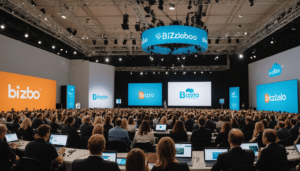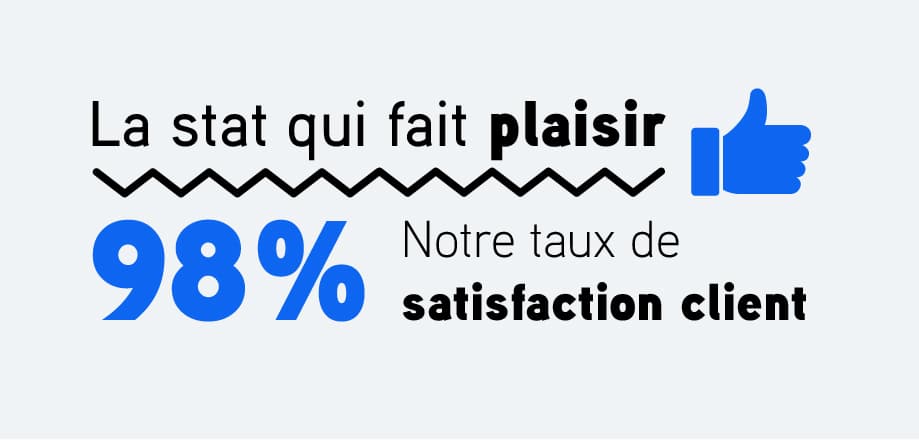In the landscape of email marketing strategies, a clear generational distinction emerges, highlighting different preferences regarding the quantity, types, and personalization of emails. While 81% of Baby Boomers say they are overwhelmed by the daily influx of emails, less than 50% of Generation Z share this perception. Promotional offers particularly capture the attention of consumers, with strong enthusiasm among the young, while educational content struggles to engage them. Moreover, Millennials and Generation Z place more value on personalization of emails than their older counterparts. However, on the sensitive topic of data protection, older generations are hesitant, unlike the younger ones who are willing to share information with trusted brands. These differences suggest the need to adapt marketing strategies according to generational aspirations to maximize consumer engagement.

Generational Fractures in Email
In the dynamic world of email marketing, distinctions between generations are striking. Each group, whether Baby Boomers, Millennials, or Generation Z, has its own communication preferences, creating a rain of challenges for marketers. Baby Boomers, for example, often feel overwhelmed by the volume of emails they receive, with 81% of them expressing some fatigue. In contrast, less than half of Generation Z report this issue, displaying a greater tolerance for solicitations.
The perception of personalization also varies among generations. While more than half of Millennials and Generation Z view personalization as essential, Baby Boomers seem less impressed. The exclusivity of offers and personalized recommendations based on purchase history are key elements to capture the attention of young consumers. Less than 25% of Baby Boomers consider these aspects very important, contrasting sharply with the evident interest of younger consumers.
The Types of Emails that Captivate Different Generations
Not all types of emails are created equal in the eyes of consumers from different generations. Promotional offers and discounts play a predominant role in engagement, particularly among Generation Z, where nearly 50% prefer these emails over others. In contrast, educational content and company news seem less appealing across all ages. The older segments, such as Baby Boomers, often ignore newsletters, while younger generations outright avoid them due to their perceived lack of value.
The Thorny Issue of Data Privacy
The perception of data privacy diverges sharply among age groups. Baby Boomers, being more distrustful, show a strong reluctance to share personal data, with only 20% feeling comfortable with companies’ data collection practices. In contrast, nearly 50% of Millennials and Generation Z demonstrate a greater openness, emphasizing trust in the brand over the nature of the data collected. While reluctance to location tracking is nearly universal, a basic sharing of contact details and purchase history is considered with trustworthy companies, highlighting a crucial area for adaptation in modern marketing strategies.









